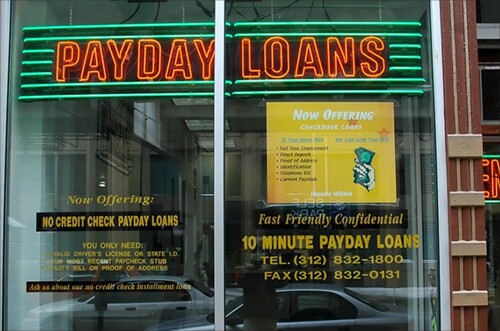

On the discontinuation of an ambitious faster-payments project and ouster of CEO Gordon Baird at Independence Bancshares in South Carolina:
Related Article:

On the Consumer Financial Protection Bureau's plan to all but ban arbitration clauses from retail financial contracts:
Related Article:

Speculating on CFPB Director Richard Cordray's motivation for curtailing arbitration agreements:
Related Article:

On the peculiar way EMV cards are being rolled out in the U.S., with less-secure signature verification allowed rather than requiring PINs:
Related Article:

Responding to criticisms of payday loans:
Related Article:

On claims that Fannie Mae and Freddie Mac are not sufficiently capitalized:
Related Article:

On the vulnerability of Americans' sensitive personal data laid bare by the Experian breach:
Related Article:

On the disproportionately small number of women in banking:
Related Article:





